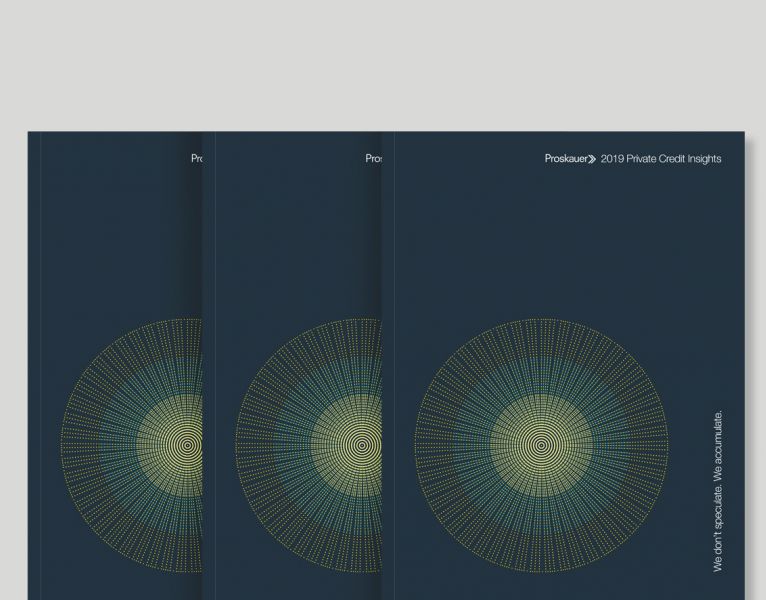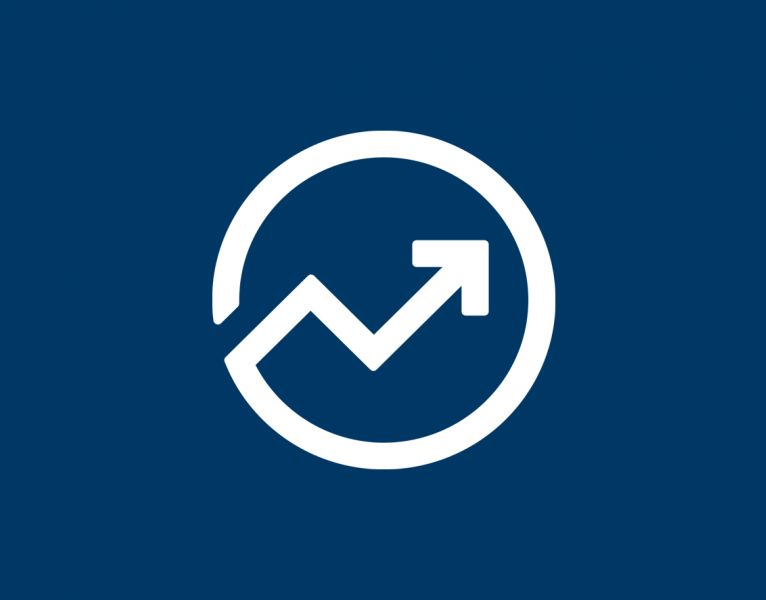Study shows SPAC IPOs on the rise
New York, August 4, 2020 – Proskauer, a leading international law firm, today released its 2020 SPAC IPO Study. The study examines data from 95 Special Purpose Acquisition Company (SPAC) IPOs priced from January 2016 through June 2020, representing over half of the SPACs listed on U.S. exchanges. Utilizing this proprietary data, the study provides detailed comparisons of deal structures and terms and insight into market trends year-over-year.
“The SPAC IPO market has been resurgent in recent years and has continued to accelerate through the summer of 2020. SPACs have gained a foothold as a preferred vehicle for private companies to enter the public markets in these volatile times.” said Daniel Forman, a partner in Proskauer’s Capital Markets Group.
The following are some key findings from the study:
- From 2016 through 2019, SPAC IPOs were on the rise in terms of both absolute number of deals and gross proceeds raised. Based on the first half of 2020, this year is on track to surpass 2019 on both measures.
- Through the first half of 2020, there has been a notable uptick in SPAC IPOs with deal sizes of greater than $301mm as a percentage of the total market.
- 56% of the SPAC IPOs we analyzed had an acquisition period of 24 months, followed by 18 months at 27%. The acquisition period varied significantly more among smaller SPACs.
- In addition to proceeds raised in the IPO, some SPACs enter into forward purchase contracts in order to secure additional capital for the initial business combination. 19% of the SPACs in our study disclosed the existence of a forward purchase contract. The larger the deal size, the more frequently a forward purchase contract was disclosed.
- Of the SPAC IPOs priced from 2016 through 2019, over half have completed an initial business combination with only 5% having returned funds to investors and winding-up operations. The average number of days it took for a SPAC IPO to sign its initial business combination was 440. It then took, on average, an additional 148 days to close the initial business combination.
- Approximately two-thirds of the SPACs that completed initial business combinations had raised additional equity financing in the form of a PIPE (private placement for public equity) concurrently with the closing of the business combination.
“We expect market participants, including sponsors, investment banks and investors, will benefit from our detailed analyses of the terms and trends underlying this active space,” said Lily Desmond, a senior counsel in Proskauer’s Capital Markets Group.



